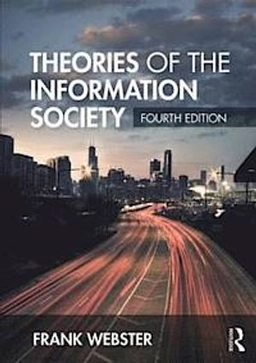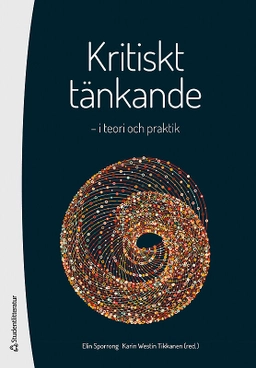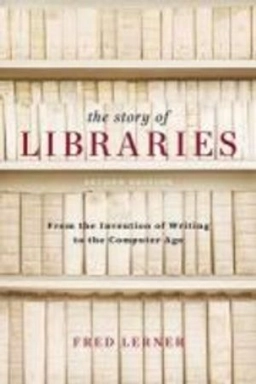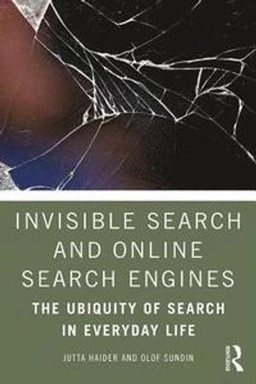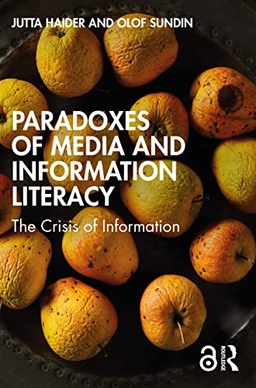Foreword by Camila A. Alire
In the fifth edition of this classic textbook, Richard E Rubin and new co-author Rachel G. Rubin provide a foundational text for LIS students and professionals while taking into account the numerous societal, technological, political, and economic changes affecting library and information institutions, their users and the discipline as a whole.
Foundations of Library and Information Science effectively prepares LIS students and professionals for an increasingly nuanced set of responsibilities. The new edition explores:
- the history and mission of libraries from past to present, including the history of service to African Americans; - critical contemporary social issues such as services to marginalised communities, tribal libraries, and immigrants; - the rise of e-government and the crucial role of political advocacy; - digital devices, social networking, digital publishing, e-books, virtual reality, and other technology; - forces shaping the future of libraries, including Future Ready libraries, and sustainability as a core value of librarianship; - the values and ethics of the profession, with new coverage of civic engagement, combatting fake news, the importance of social justice, and the role of critical librarianship; - knowledge infrastructure and organization, including Resource Description and Access (RDA), linked data, and the Library Research Model; - the significance of the digital divide and policy issues related to broadband access and net neutrality; - intellectual freedom, legal issues, and copyright-related topics; - contemporary issues in LIS education such as the ongoing tensions between information science and library science; and • the changing character of collections and services including the role of digital libraries, preservation, and the digital humanities.
This book is an essential resource for both aspiring library and information science practitioners and those already established in the field. It will also be of interest to students of other information sciences, including information and knowledge management, librarianship, publishing and museum studies.
Åtkomstkoder och digitalt tilläggsmaterial garanteras inte med begagnade böcker





